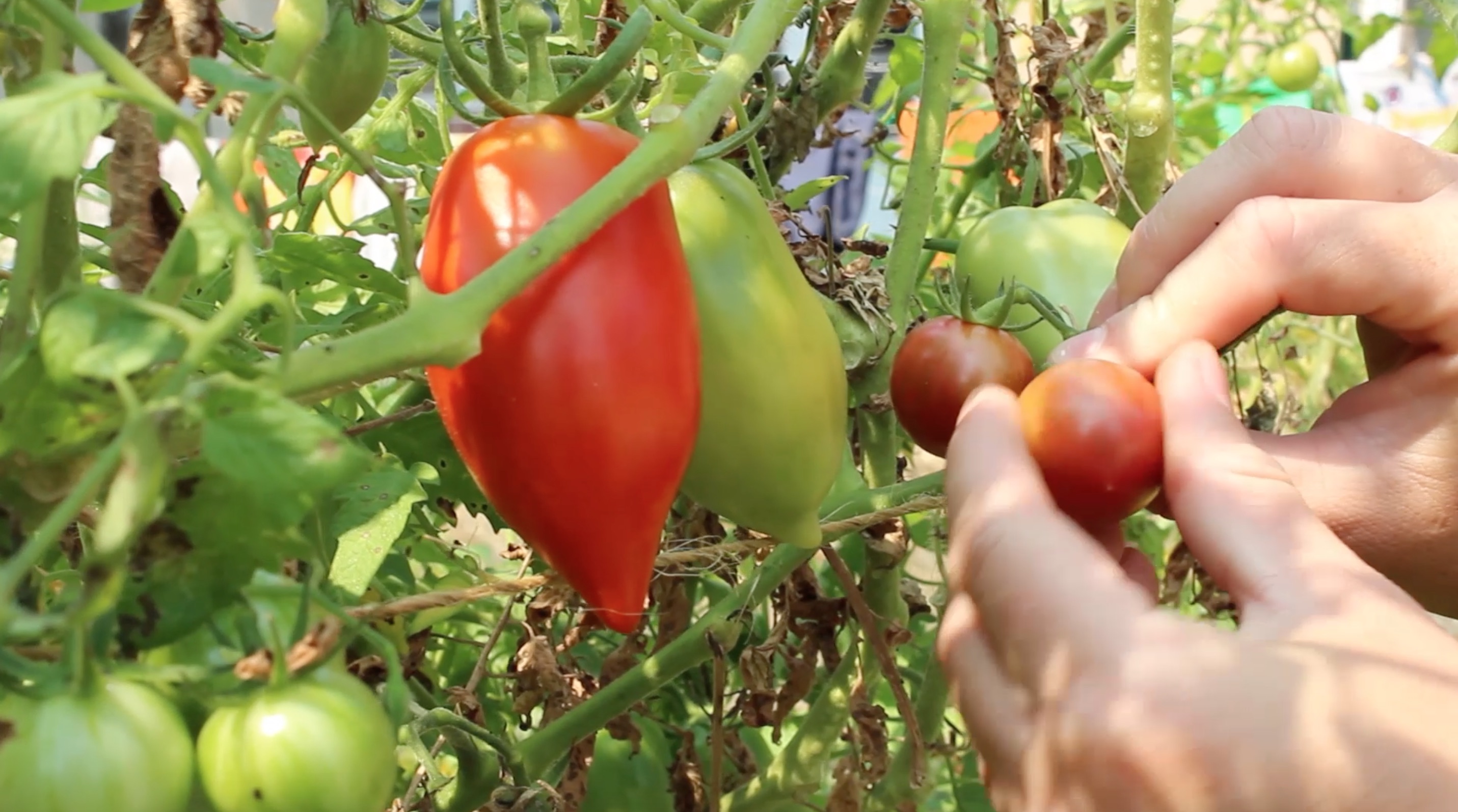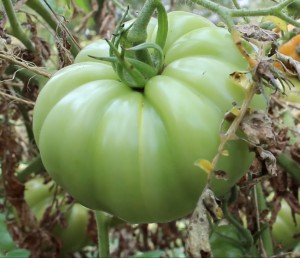
Truman State students cultivate knowledge alongside fresh food during AGSC 332: Principles of Vegetable Production.
This biennial agricultural science course teaches students the fundamental principles underlying commercial and home garden production, and the basic practices required to successfully produce the wide variety of vegetables in the Midwest. It currently is taught by horticulture professor Steven Salt.
For this course, Salt says students complete projects, take field trips to local gardens and farms, write papers and take exams. He said the biggest aspect of the course is a semester-long project where students design and grow a garden.

Although growing a garden is a large portion of the class grade, Salt says students will not fail the course simply because their plants do not grow. He says it is more important that students understand why their garden was or was not successful. Salt says AGSC 218: Introduction to Horticulture is a course prerequisite, but this requirement sometimes can be waived.
“Technically, you’re supposed to have the general horticulture prerequisite, but a person who’s serious about gardening, raising vegetables and herbs, willing to work hard and has a little bit of background in plant biology can sign up to take it,” Salt says.
Salt says he recommends this class because it has many real life applications. For example, he says taking this course can benefit students who want to work with the Peace Corps, because this work sometimes involves agriculture projects and the need for agriculture volunteers.
“You get to reach out to the real world, see Mother Nature with the good, bad and ugly and eat what you grow at the end,” Salt says. “It’s a very liberating experience, and it’s a lot of fun.”
Five percent of Peace Corps volunteers work in positions related to agriculture, according to the Peace Corps website. These agriculture volunteers work with small-scale farmers to increase food production and adapt to climate change while promoting environmental conservation practices, according to the Peace Corps website. The volunteers also work alongside farmers on integrated projects that combine vegetable gardening, livestock management and nutrition education, according to the Peace Corps website.
To learn more about the vegetable production course, read the rest on Issuu.
